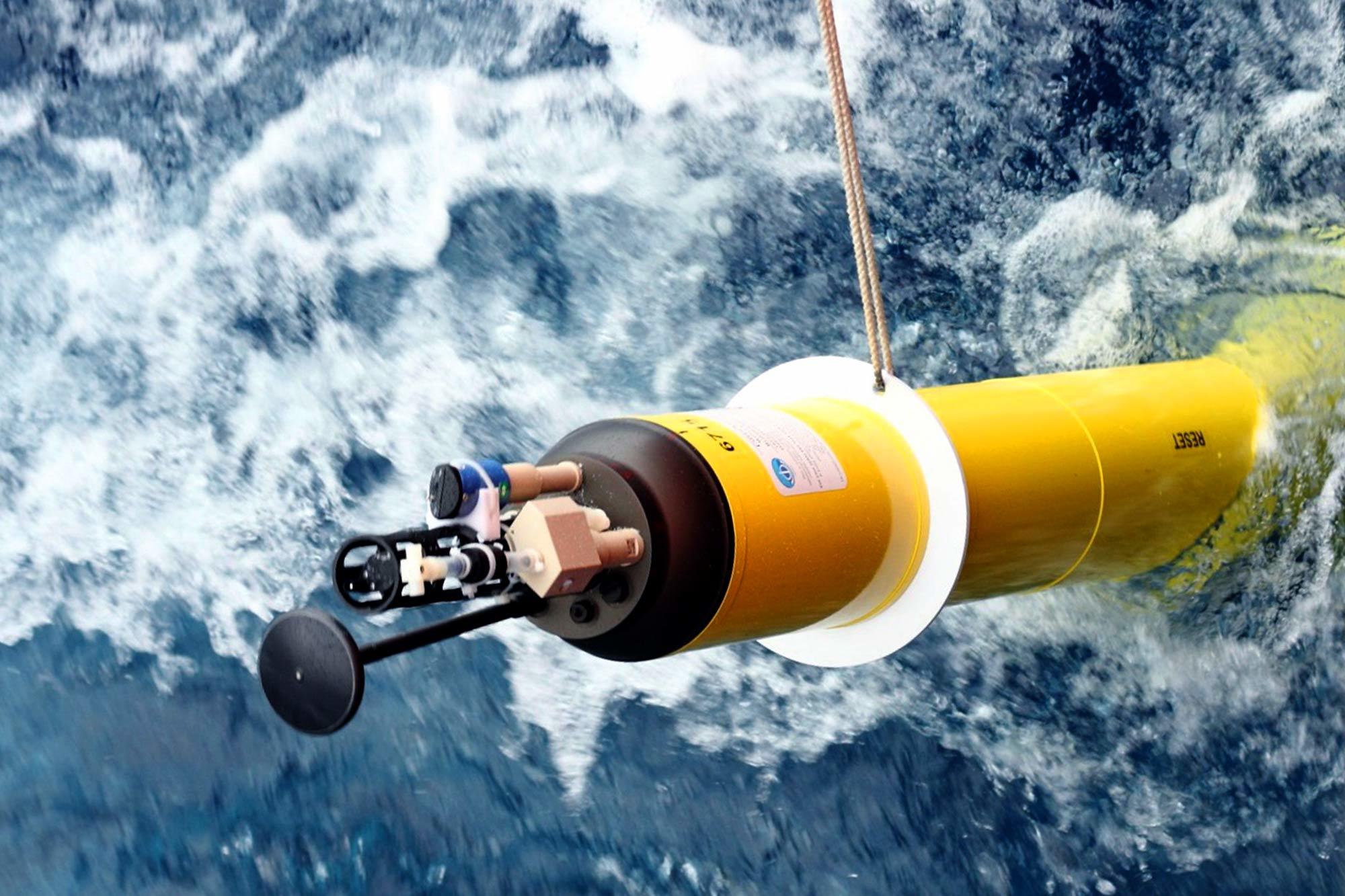Many of the scientists whose research we help fund are applying ingenuity and creativity to some of the world's biggest problems. Joellen Russell is one example.
Joellen is Thomas R. Brown Distinguished Chair of Integrative Science at The University of Arizona and she is a member of the Biogeochemical-Argo Planning Group.
The Global Ocean Health Initiative
As lead of the modeling team for the Southern Ocean Carbon and Climate Observations and Modeling (SOCCOM) project, Joellen analyzes data collected by Argo biogeochemical floats deployed in the Southern Ocean to assess the uptake of heat and carbon. SOCCOM scientists are proposing The Global Ocean Health Initiative to expand the project from a pilot of 200 floats to 1,000 floats launched worldwide. Data from a global effort is vital to predict the future in terms of climate change.

Excerpt
from Biogeochemical Argo Planning Group. 2016. The scientific rationale, design and Implementation Plan for a Biogeochemical-Argo float array. Edited by Ken Johnson and Hervé Claustre. doi:10.13155/46601
The ocean provides critical services to all life on land, absorbing 93% of the heat from global warming and a quarter of human carbon dioxide emissions. Yet these services come at a price: ocean temperatures rise; pH and oxygen levels fall. This deteriorating ocean health bleaches corals, harms shellfish, changes where fish live and fishery yields. It alters biogeochemical cycles of key elements such as oxygen, carbon, and nitrogen.
Scientists and policymakers are racing to understand and prevent irreparable harm to our largest global commons. A new generation of robotic floats with cutting-edge sensors developed with Federal support now allow the community to build the first real-time, high-resolution, system to observe ocean health and changing biogeochemical cycles: the Global Ocean Health Initiative (GOHI) will finally allow us to track threats and provide critical guidance for sustainable ocean management.



